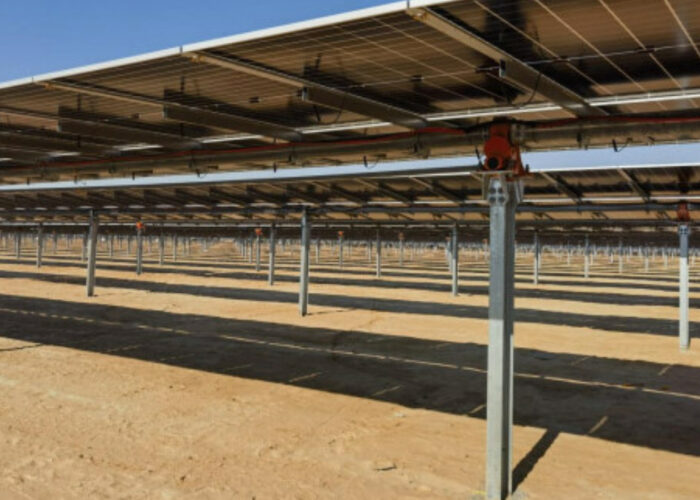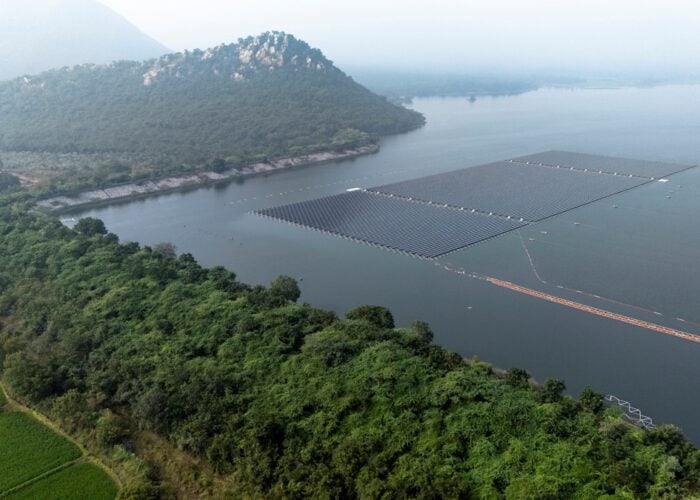Germany’s solar industry has endured a difficult year and the Federal Network Agency and transmission system operators (TSO) have responded accordingly by leaving the Renewable Energy Law (EEG) levy virtually unchanged at €0.3592 per kWh.
The marginal increase – 2011’s levy is €0.353 – is in stark contrast to last year, when the booming industry was hit with a 70% levy hike. However, disappointing new installation figures so far in 2011 and an expected rise in power prices has led to a rethink among policy makers.
Try Premium for just $1
- Full premium access for the first month at only $1
- Converts to an annual rate after 30 days unless cancelled
- Cancel anytime during the trial period
Premium Benefits
- Expert industry analysis and interviews
- Digital access to PV Tech Power journal
- Exclusive event discounts
Or get the full Premium subscription right away
Or continue reading this article for free
“Reasons for this stability include the anticipated increase in prices on the power exchange and lower growth of photovoltaic facilities,” Bundesnetzagentur president Matthias Kurth said. “The expected growth for 2012 of 4.5GW is considerably lower that that of 2010's boom year, which saw expansion of around 7GW. Moreover, the contribution established clearly shows the efficiency-increasing effects of the Equalisation Mechanism Ordinance, which has led to a reduction in operative costs among the TSOs.”
Power grid operators expect feed-in tariff (FiT) payments for power fed back into the grid to total €17.6 billion for the coming year, and the difference between this number and the expected marketing revenues of €4.9 billion is the primary factor in calculating the new EEG levy. The lower the price level on the exchange, the greater the difference – to be financed via the contribution – from the FiT determined in the EEG.
“Calculation of the renewables contribution is based on the forecast of a variety of influential factors. For example, wind and solar energy in particular can fluctuate greatly over the year, so that the TSOs' contributions account can dip into the red on occasion,” added Kurth. “That is why, for the first time, the renewables contribution for 2012 includes a so-called liquidity reserve totalling 3% of the difference forecast for the year.
”This aims to help the TSOs with the liquidity challenges involved in financing the contributions account. Once the reserve is established, contributees will reap the benefits of it in subsequent years, as it will absorb a potential increase in 2013.”






